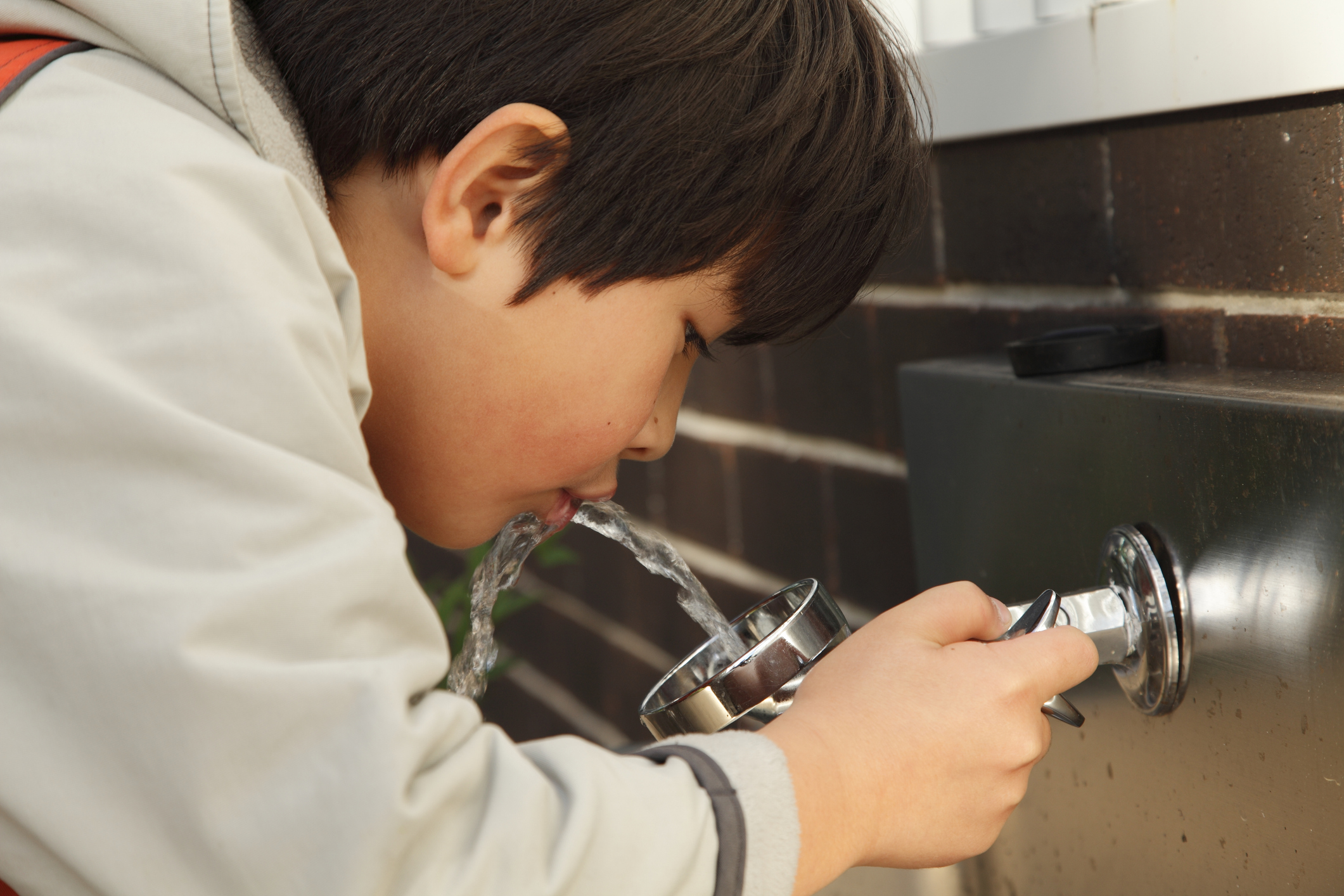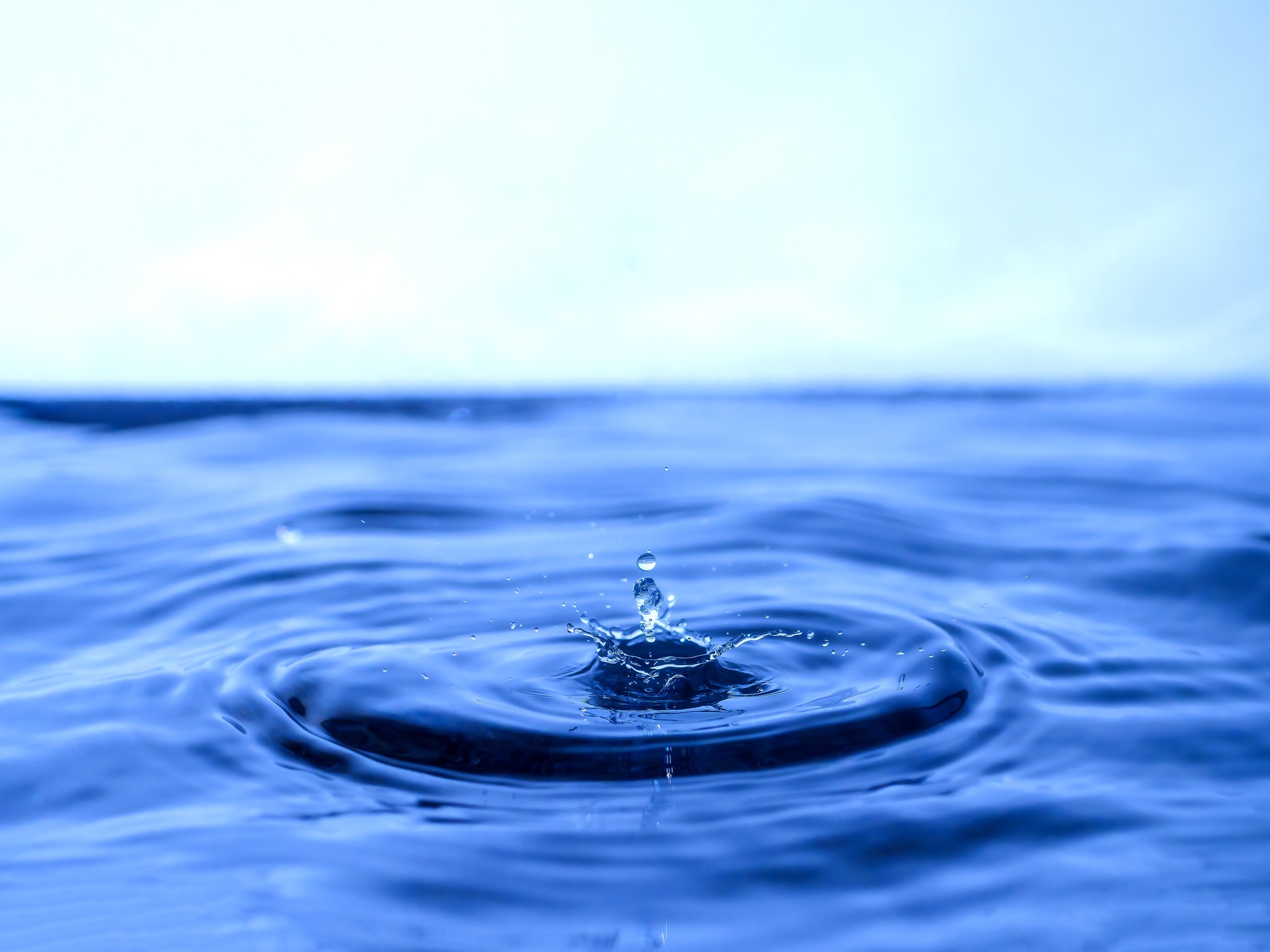
Education
Drinking Water Fountains and Bottle Fillers
Water Quality Considerations
Drinking water fountains and bottle fillers provide free access to municipal water—offering an eco-friendly alternative to plastic water bottles. The ecological benefits of plastic waste reduction are increasing the demand for facilities to install drinking fountains and bottle fillers. While this is a step forward in building an environmentally sound world, how often is water quality considered?
The Dangers of Stagnant Water
Since COVID-19-related containment measures were first initiated, dozens of guidance documents addressing water issues related to the re-occupancy of buildings have been produced by regulatory and public health agencies, as well as by private-sector organizations. Bacterial populations are greater in unoccupied buildings because stagnant water supports biofilm buildup and bacterial colonization of water systems.
As buildings continue to reopen, we must consider whether drinking water fountains and bottle fillers were flushed, cleaned, and disinfected and if a secondary barrier, like an FDA 510(k)-cleared inline filter, was installed.
Heterotrophic Bacteria
Heterotrophic bacteria can be found in water supplies that are not adequately disinfected. While municipal water is treated and tested, the carbon filters traditionally built into drinking water fountains and bottle fillers serve as a breeding ground for bacterial growth. For healthy individuals, a higher heterotrophic plate count in drinking water is not likely to cause illness, and routine change out of carbon filters is sufficient.
However, hospitals and healthcare facilities that care for at-risk patients should be wary. Carbon filters within drinking water fountains and bottle fillers bear a warning label advising against the use of water that is microbiologically unsafe or of unknown quality without adequate disinfection before or after the unit. Inadequate disinfection combined with a filter incapable of retaining bacteria and viruses places patient safety at risk.
Our in-line filtration solutions provide a reliable barrier against bacteria, viruses, and endotoxins, retaining contaminants before aerosolization. Our DSU-H model features dual-stage, 5-nanometer membrane technology, along with a pore size that is forty times smaller than most other commercially available micron-rated filters. Installing the DSU-H at hospital drinking water fountains and bottle fillers safeguards patients, staff, and visitors from waterborne pathogens.
Want to learn more?
Contact us to discuss water filtration solutions
Want to know more?
Reach out to discuss a facility audit and learn where to have filtration on hand


